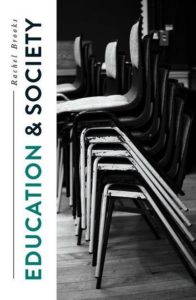With Sazana Jayadeva, Aline Courtois, Daniel Faas and Suzanne Beech, I’ve recently completed guest-editing a special issue of Higher Education on ‘International student mobility within Europe: responding to contemporary challenges’. It should be published soon and will contain the following articles:
(No) time to engage: an exploratory mixed‑method study into factors predicting the engagement of postgraduate research students in Ireland, by Daniel Guigui, Daniel Faas, Merike Darmody and Siobhán Nic Fhlannchadha
The post‑racial myth: rethinking Chinese university students’ experiences and perceptions of racialised microaggressions in the UK, by Jingran Yu, Rohini Rai, Miguel Antonio Lim and Hanwei Li
Rhizomic communication practices bridging international students and the host society and beyond, by Suvi Jokila and Charles Mathies
Diverse socio‑economic backgrounds and international pathways: European mobility opportunities through a scholarship programme for Mexican doctoral students, by Karla Lopez‑Murillo
The world turned upside down: Can international student mobility contribute towards democratization and human development? Evidence from the Eurograduate pilot survey, by Georgiana Mihut
The ‘chosen’ UK? Remapping of international education mobility for prospective Chinese master’s students during and post the COVID‑19 pandemic, by Yun Yu and Rui He
Uncertain futures: climate change and international student mobility in Europe, by Robin Shields and Tianqi Lu
An analysis of the UK’s Turing Scheme as a response to socio‑economic and geo‑political challenges, by Rachel Brooks and Johanna Waters
You can also read the introduction to the special issue here.


 following chapters:
following chapters: University of Surrey, 26th June
University of Surrey, 26th June